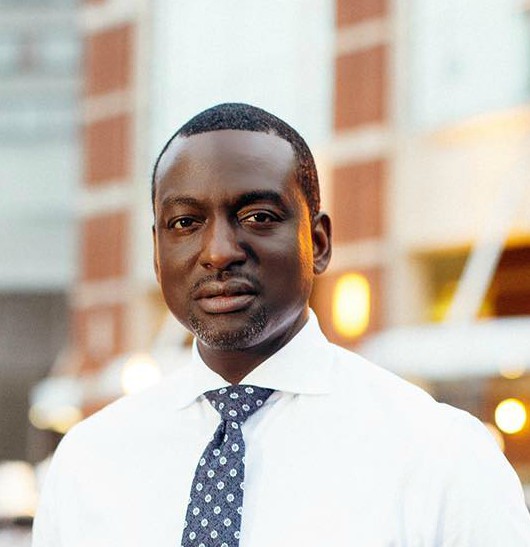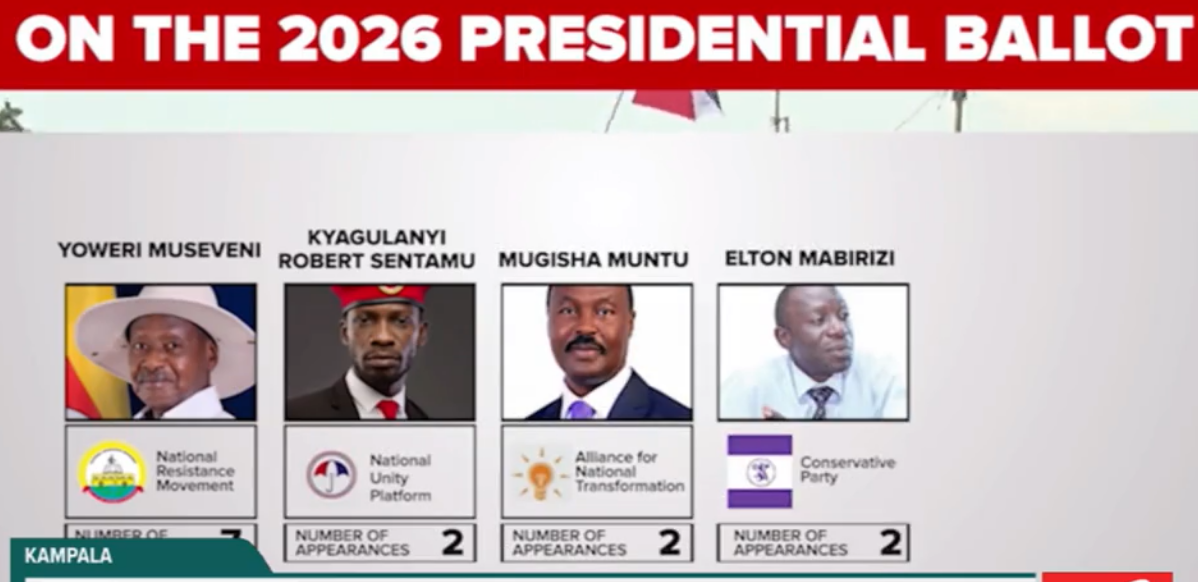[New York News\Criminal Justice]
On Nov. 21, Dr. Salaam, and New York Times Pulitzer-Prize winning columnist Jim Dwyer, will examine what went wrong, evaluate what has or has not changed about journalistic practice since the Central Park Five case, and analyze the ways racism, bias, an accepted narrative, emotion, anger, and fear shape how a story is told.
Photo: Facebook
During the Central Park Five fiasco, the establishment New York news media referred to the Exonerated Five (including Dr. Yusef Salaam above) as a teenage “wolf pack.” But Lehman College College Assistant Professor Eileen Markey says the corporate New York press may have been the real “wolf pack.”
Central Park Five exoneree Yusef Salaam will join New York Times columnist Jim Dwyer in conversation during “When They Saw Them: The New York Press Corps, Racism, and the Central Park Five,” at Lehman College on Nov. 21.
Part of the College’s Social Justice Speaker Series, “When They Saw Them” will examine the role the news media played in the wrongful conviction of the Central Park Five teenagers, as well as the role the news media later played to overturn their convictions.
Dubbed by the media as the “Central Park Five,” Salaam, Korey Wise, Kevin Richardson, Raymond Santana, and Antron McCray were wrongfully convicted in the 1989 Central Park jogger case and eventually exonerated by DNA evidence. They now prefer to be called the “Exonerated Five.” The case is back in the public consciousness after Ava DuVernay’s acclaimed Netflix series, When They See Us, aired last spring. While that series—and an earlier Ken and Sarah Burns documentary—focused on the police abuse and prosecutorial misconduct that led to the gross miscarriage of justice, New York City’s news media was an essential third element in the public railroading of the five New York City teens that has, for the most part, gone unexamined.
“How the New York press covered the story is a case study in groupthink and reckless journalism,” said journalist and Lehman College Assistant Professor Eileen Markey. “New York tabloids branded the teenagers a ‘wolf pack’ and wrote of them as dangerous, wild, beyond the reach of reason. The New York press corps may have been the real ‘wolf pack.’”
On Nov. 21, Salaam and Dwyer will examine what went wrong, evaluate what has or has not changed about journalistic practice since the case, and analyze the ways racism, bias, an accepted narrative, emotion, anger, and fear shape how a story is told. The conversation will take place in the Lovinger Theatre at Lehman College from 12:30–1:45 p.m. The event is free and open to the public.
About Yusef Salaam
Yusef Salaam was 15 years old when he and four other teenage boys of color were arrested, convicted and imprisoned for a crime they didn’t commit—the brutal rape and beating of a white jogger in Central Park in 1989. In 2002, their convictions were vacated, and they were then released from prison. Since his release, Yusef has committed himself to advocating and educating people on the issues of false confessions, police brutality and misconduct, press ethics and bias, race and law, and the disparities in America’s criminal justice system. Yusef was awarded an Honorary Doctorate of Humanities from Anointed by God Ministries Alliance & Seminary in 2014 and received the President’s Lifetime Achievement Award in 2016 from President Barack Obama. He was appointed to the board of the Innocence Project in 2018.
About Jim Dwyer
Jim Dwyer, a native New Yorker and two-time Pulitzer Prize winner, has spent most of his professional life covering the city as a reporter, columnist and author. He covered the Central Park Five story in 1989 and the quest for exoneration a decade later. Dwyer is the co-author of Actual Innocence: When Justice Goes Wrong and How to Make It Right, and the author of five other books. He joined The New York Times in May 2001 after stints at The Daily News, and New York Newsday. His work for The Times has included coverage of 9/11, the Iraq War, the 2004 presidential campaign and law enforcement surveillance of political activities. He has written the “About New York” column since 2007.
For more information about Lehman College, visit: www.lehman.edu







